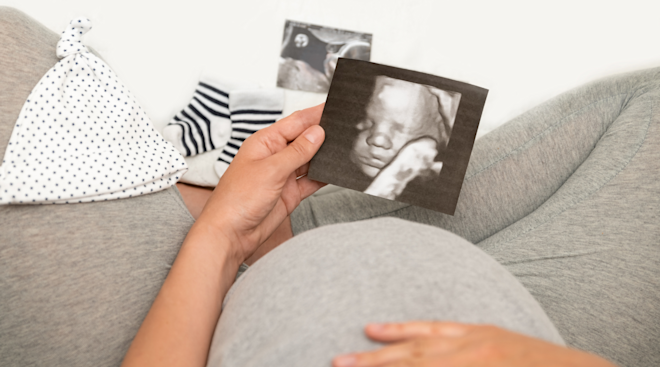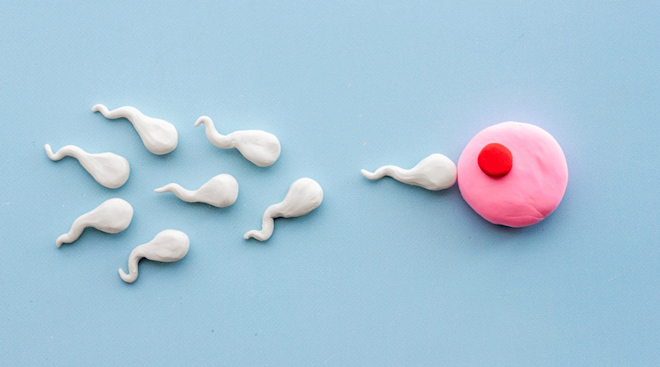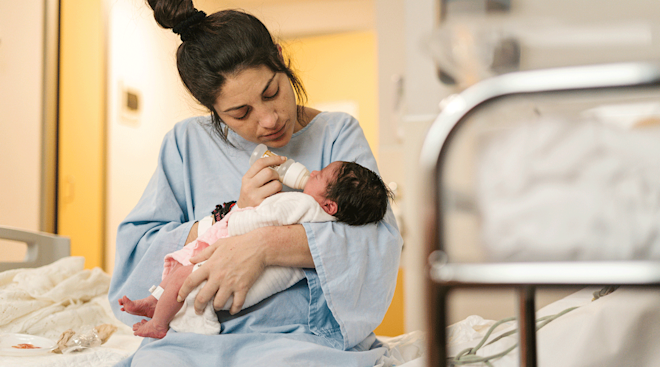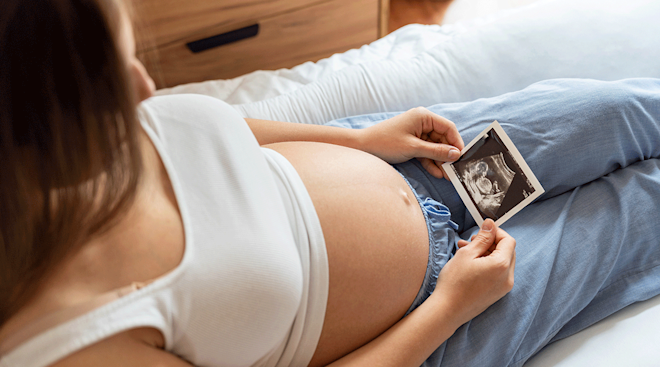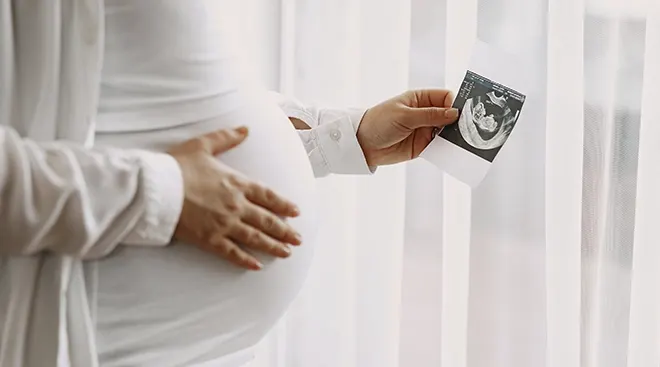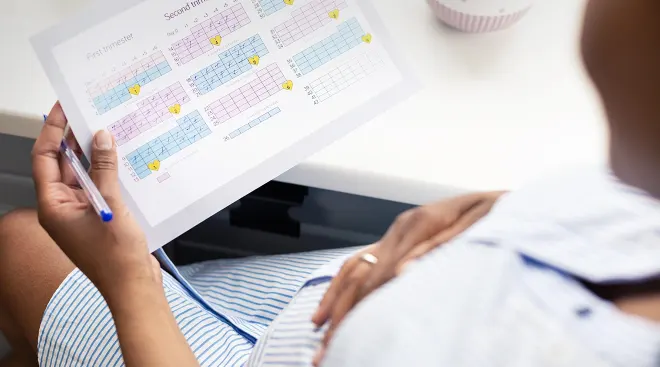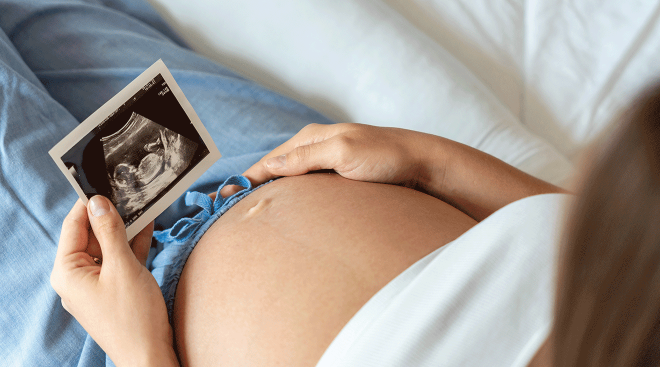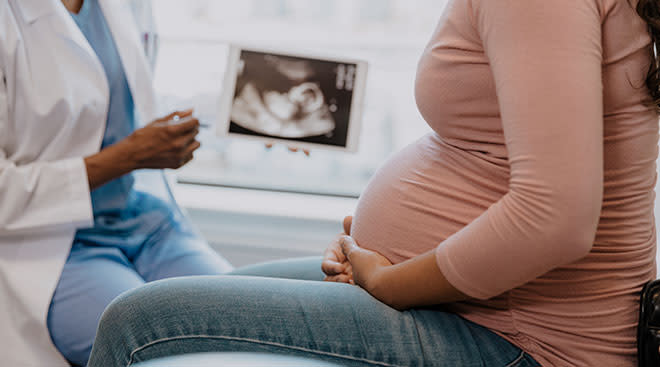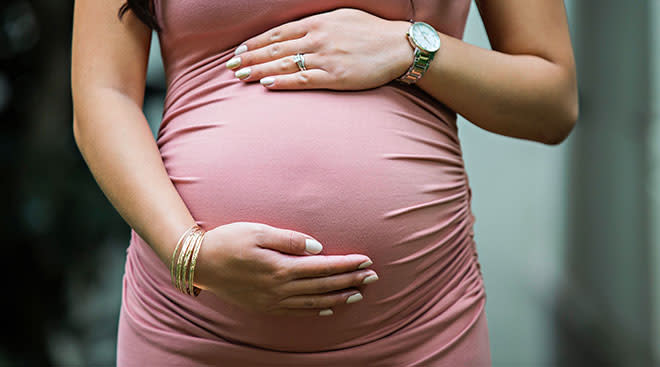Dad’s Genes Are the Reason for Unborn Baby’s Insatiable Appetite
In a groundbreaking study conducted by scientists at the University of Cambridge, the intricate relationship between a baby and their mother during pregnancy has been unraveled. The research, published in Cell Metabolism, sheds light on how babies employ a copy of a gene inherited from their father to manipulate their mother’s metabolism, ultimately engaging in a nutritional tug of war.
Led by Professor Amanda Sferruzzi-Perri and Dr Miguel Constancia, the study focused on the placenta, a crucial organ that develops alongside baby to support its growth. By selectively altering signaling cells in the placenta of pregnant mice, the researchers observed how these cells communicate with the mother, compelling her to allocate nutrients to her developing offspring.
The key discovery of the study lies in the identification of a gene inherited from the father that signals the mother to divert resources towards the baby. These “greedy” and “selfish” genes, known as imprinted genes, drive baby’s growth by manipulating maternal resources. However, a delicate balance exists, as genes controlled by the mother restrain excessive fetal growth to ensure her own survival and the potential for future pregnancies.
Further experiments revealed that the expression of an essential imprinted gene, Igf2, directly influences the production of hormones responsible for regulating the mother’s insulin sensitivity during pregnancy. Disrupting Igf2 function in the placenta’s signaling cells led to insufficient glucose and lipid availability in the mother’s circulation, impairing proper fetal growth and development.
Remarkably, the study also found that the influence of the placenta extends beyond pregnancy. Offspring born from mice with deleted Igf2 expression exhibited early signs of diabetes and obesity later in life, demonstrating the long-term impact of the placenta on the development and function of fetal organs.
Sferruzzi-Perri underscores the critical importance of this research and nutrient allocation to baby for lifelong health outcomes. “The placenta is an amazing organ. At the end of pregnancy, the placenta is delivered by the mother, but the memories of how the placenta was functioning leaves a lasting legacy on the way those fetal organs have developed and then how they’re going to function through life,” she noted in a press release.
It’s the researchers hope that by deciphering the mechanisms by which placental hormones are controlled by Igf2, a way can be paved for novel strategies that target the placenta, ultimately improving health outcomes for both moms and babies.
Navigate forward to interact with the calendar and select a date. Press the question mark key to get the keyboard shortcuts for changing dates.


































